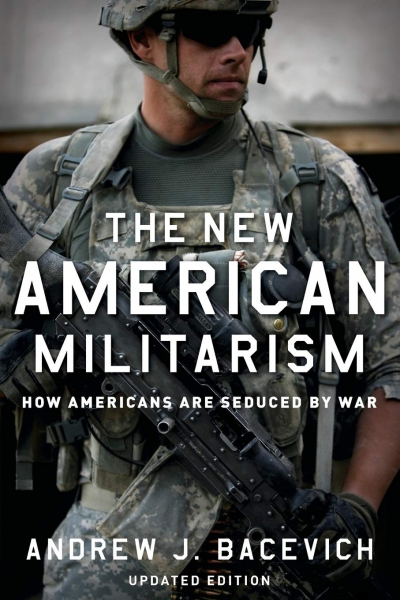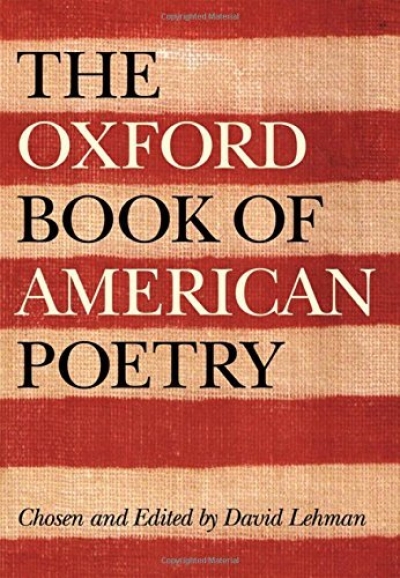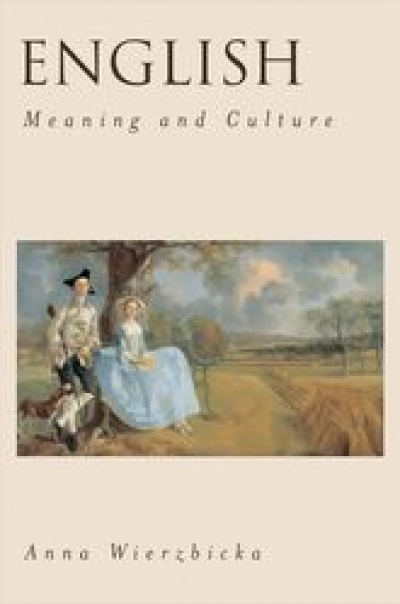Accessibility Tools
- Content scaling 100%
- Font size 100%
- Line height 100%
- Letter spacing 100%
Oxford University Press
Stunned Mullets and Two-pot Screamers: A dictionary of Australian colloquialisms, Fifth Edition by G.A. Wilkes
by Chris Wallace-Crabbe •
William and Lawrence Bragg, Father and Son: The most extraordinary collaboration in science by John Jenkin
by Ian Rae •
The Oxford Companion to Australian Politics edited by Brian Galligan and Winsome Roberts
by Neal Blewett •
The New American Militarism by Andrew J. Bacevich & Unintended Consequences by Kenneth J. Hagan and Ian J. Bickerton
by Richard Broinowski •
The International Struggle Over Iraq: Politics in the UN security council 1980–2005 by David M. Malone
by Michael Fullilove •
The Oxford Book of American Poetry by David Lehman
by Peter Rose •
Self-Portrait of Percy Grainger edited by Malcolm Gillies, David Pear, and Mark Carroll & Facing Percy Grainger edited by David Pear
by Michael Shmith •










